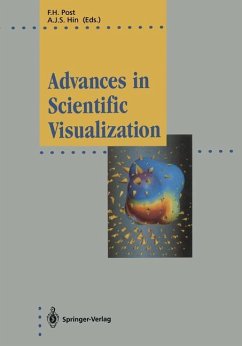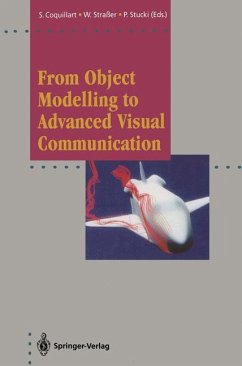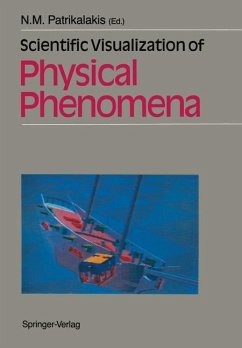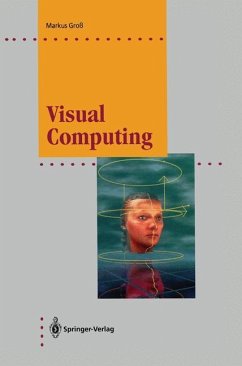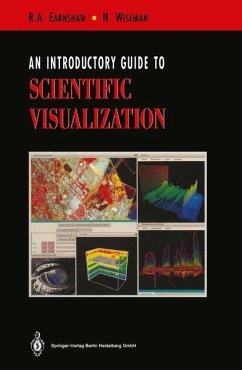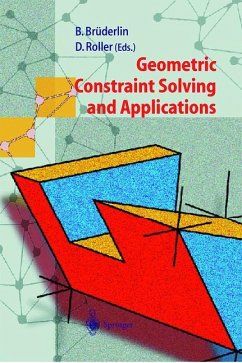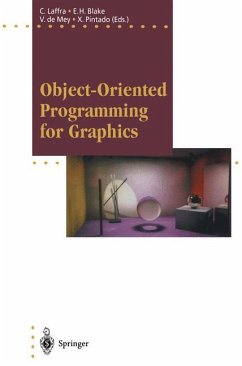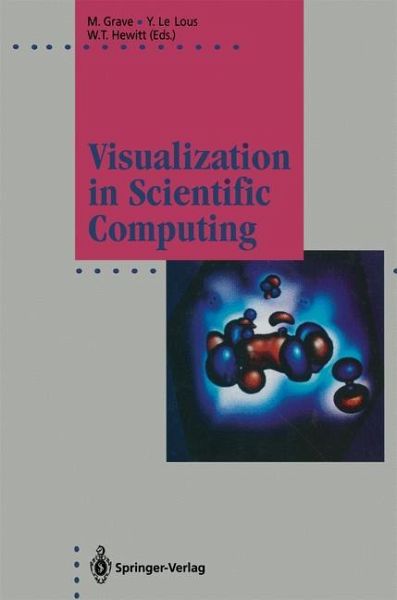
Visualization in Scientific Computing
Versandkostenfrei!
Versandfertig in 6-10 Tagen
76,99 €
inkl. MwSt.

PAYBACK Punkte
38 °P sammeln!
Visualization in scientific computing is getting more and more attention from many people. Especially in relation with the fast increase of com puting power, graphic tools are required in many cases for interpreting and presenting the results of various simulations, or for analyzing physical phenomena. The Eurographics Working Group on Visualization in Scientific Com puting has therefore organized a first workshop at Electricite de France (Clamart) in cooperation with ONERA (Chatillon). A wide range of pa pers were selected in order to cover most of the topics of interest for the members of th...
Visualization in scientific computing is getting more and more attention from many people. Especially in relation with the fast increase of com puting power, graphic tools are required in many cases for interpreting and presenting the results of various simulations, or for analyzing physical phenomena. The Eurographics Working Group on Visualization in Scientific Com puting has therefore organized a first workshop at Electricite de France (Clamart) in cooperation with ONERA (Chatillon). A wide range of pa pers were selected in order to cover most of the topics of interest for the members of the group, for this first edition, and 26 of them were presented in two days. Subsequently 18 papers were selected for this volume. 1'he presentations were organized in eight small sessions, in addition to discussions in small subgroups. The first two sessions were dedicated to the specific needs for visualization in computational sciences: the need for graphics support in large computing centres and high performance net works, needs of research and education in universities and academic cen tres, and the need for effective and efficient ways of integrating numerical computations or experimental data and graphics. Three of those papers are in Part I of this book. The third session discussed the importance and difficulties of using stan dards in visualization software, and was related to the fourth session where some reference models and distributed graphics systems were discussed. Part II has five papers from these sessions.




